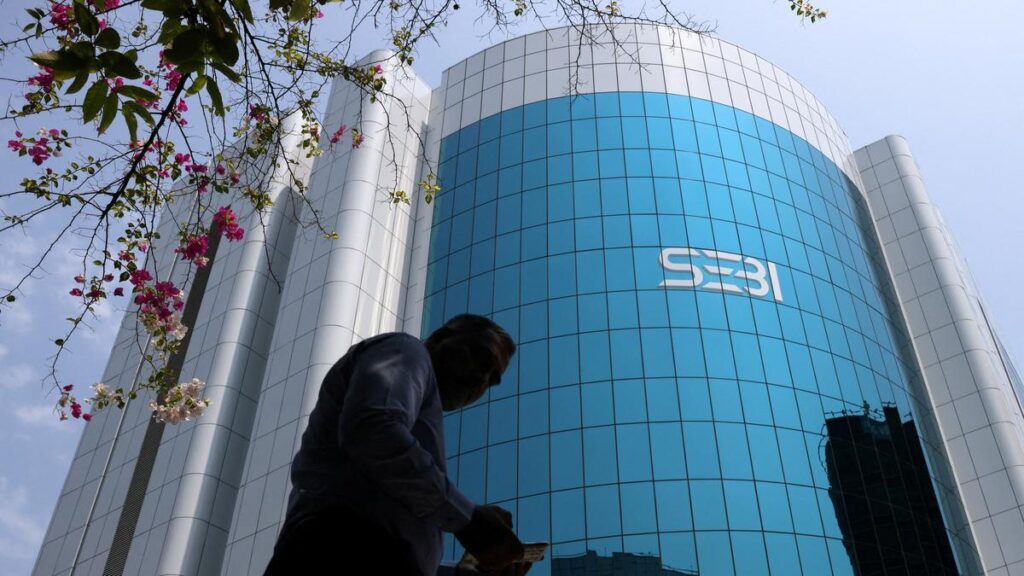A senior official said on Saturday (June 21, 2025) that the Securities and Exchange Board of India (SEBI) is making a comprehensive review of the mutual fund rules to make them more investor-centered and adaptable to industry.
“We are reviewing the entire mutual fund regulatory structure to increase the ease of doing business for all stakeholders, including regulators,” SEBI Executive Director Manoj Kumar said at the 17th Mutual Fund Summit organized by the Indian Chamber of Commerce (ICC) here.
Stakeholders stated that the current rules that control the region are the longest and need to simplify with investors’ needs and innovations with the innovations of the industry.
Kumar said without giving any timeliers for the rollout of the new rules, “The process has started and soon we will come up with the draft rules for feedback and counseling process before the finals are finalized.”
Kumar underlined the strategic roadmap of the regulator to strengthen India’s securities market, deployed as an important column in promoting mutual fund inclusive financial development and investor protection.
A counseling paper on rules controlling advisory functions in mutual funds is also in the pipeline.
Addressing the incident, Kumar said that India has gone through major market changes under SEBI’s Stewardship.
These include changes in an electronic trading ecosystem in 1998, followed by 100 percent demonetisation of shares, making India the only jurisdiction globally to do so.
“The third change is now coming out through the Mutual Fund Revolution,” he said, called it the foundation stone of SEBI’s “optimal regulation” approach, a one who wants a balance between regulator, industry and investors’ interests.
While India’s mutual fund industry has crossed Rs 72 lakh crore in AUM and the monthly SIP contribution has touched Rs 28,000 crore, the investor Aadhaar is limited to only five crore in the population of 140 crores, Kumar said.
SEBII is also actively reviewing the plan classification criteria to make them more comfortable, while all offerings are “correct for label” to ensure that wrong sales are “correct”.
To provide widespread options to investors, SEBI has approved a new product category, referred to as SIF, which aims with investors with ticket size between Rs 10 lakh and Rs 50 lakh.
Mutual funds were chosen to manage these products to manage their established governance and retail.
Parallylly, SEBI has opened a rapid registration window for portfolio management services (PMS) and optional investment funds (AIF) with similar offerings.
Addressing the concerns of the industry on the revelations of the tension test for the middle and small-cap funds, Kumar re-confirmed SEBI’s disclosure-based regulatory model, stating that informed investors are central for market flexibility.
While he admitted that some disclosure requirements could be burdened, he assured the stakeholders that SEBI is open to reaction and streamlined procedures.
He urged the industry to avoid situations that warrant regulatory intervention, saying, “Our goal is not interrupted, but allows business to flourish.” Highlighting unused capacity in eastern India, Kumar said that Sebi sees West Bengal and Northeast as strategic areas for mutual fund expansion, underlining the need for targeted penetration efforts.
Echoing this vision, AMFI Chief Executive Officer VN Chalsani said that India is infection in financial welfare with financial inclusion, where smartly saving and intelligent investing will create permanent money.
After SEBI’s investor education mandate, he cited the exponential growth of mutual funds after 2017, which helped to expand the investor base and improve financial awareness.
However, Chalasani reported that India’s mutual fund AUM is still about 20 percent of GDP, compared to 65 percent of the global average.
He especially emphasized the need for deep financial literacy in Tier 3 and 4 cities, where AMFI Schools and University programs are focusing through new product innovations aimed at distributor expansion and middle-or-income investors through India Post.
“Every Indian may develop an investor and eventually a money manufacturer from a saver,” he said, called a strong, economically flexible India for continuous cooperation between regulators, industries, teachers and investors.
Published – June 21, 2025 09:05 pm IST
